
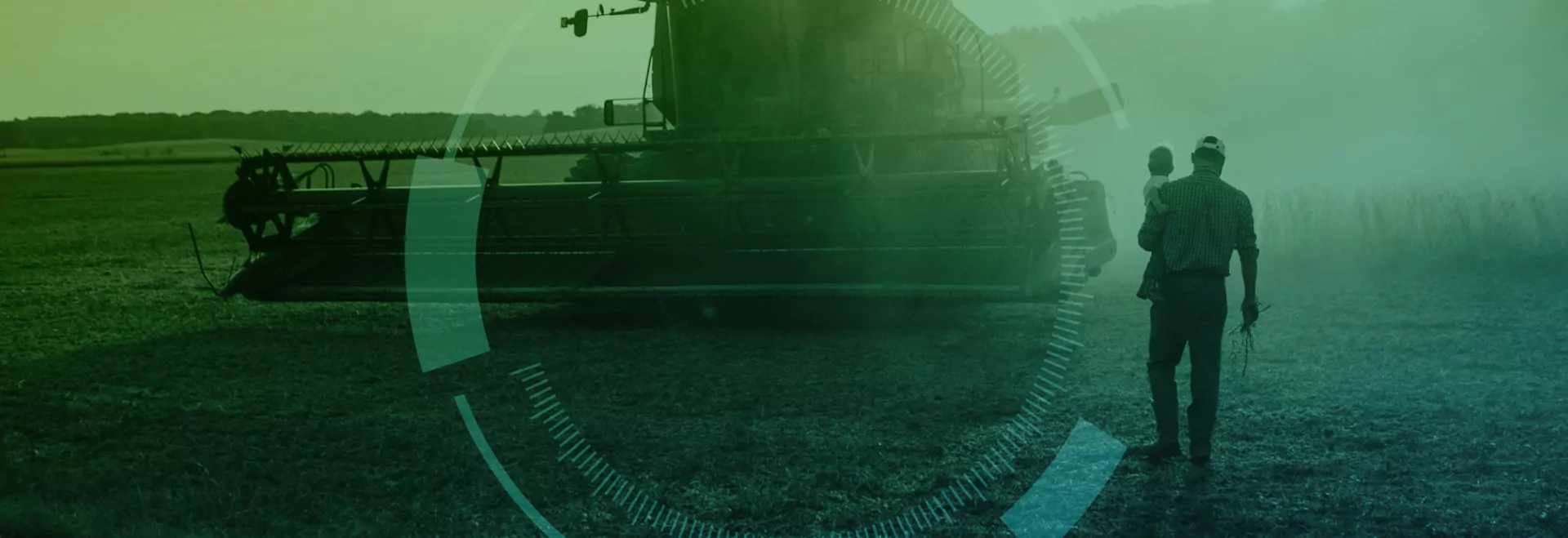
 Ken Edmundson, Double E Farms, is a 78 year old grower and is not “as young as he used to be” when it comes to walking fields in 90+ degree heat. Taranis has allowed Ken and his son to sit in the comfort of their shop, manage their farm and virtually scout their fields to prioritize where they should be ground-truthing for further answers. He received a stand count on the 8th of June on his home field right outside of his shop that he planted in May. By that time, soybeans should be growing rapidly, ready to start bushing out and hitting the ground running to start to close the rows for the season.
Ken Edmundson, Double E Farms, is a 78 year old grower and is not “as young as he used to be” when it comes to walking fields in 90+ degree heat. Taranis has allowed Ken and his son to sit in the comfort of their shop, manage their farm and virtually scout their fields to prioritize where they should be ground-truthing for further answers. He received a stand count on the 8th of June on his home field right outside of his shop that he planted in May. By that time, soybeans should be growing rapidly, ready to start bushing out and hitting the ground running to start to close the rows for the season.
After taking a deeper dive on his Taranis CONNECT app, he was noticing something a little peculiar for this field. The beans weren’t growing as well as he thought. After walking out into the field and reviewing his planting and application logs, he was able to determine that the pre-residual product that was applied on this field right before emergence actually caused a growth prohibitor for these beans. With the intense weather that we received around application and emergence, there wasn’t enough time for the pre-residual to penetrate the ground without penetrating the soybeans that were necking out and emerging. 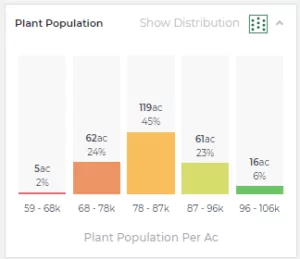
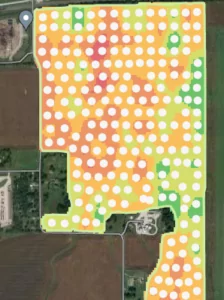
Unfortunately, this pre-residual is non-reversible. However, based on the stands that Taranis calculated, Ken determined that a replant was not needed and that the beans that were there would make up for their lost brothers; even though overall yield would be negatively affected.
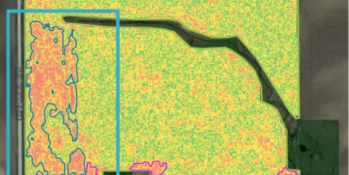
With Taranis Field Health Insights, the agronomist was able to detect an above average anomaly area that had a higher vegetation index than the rest of the field—information he would not have been able to consider with traditional in-field scouting.
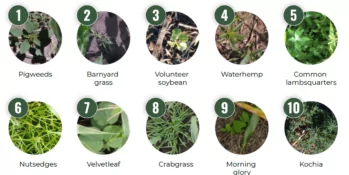
Digitally scouting millions of acres across the Midwest translates into millions of valuable data points and insights. This data sheds light on the type of crop threats that growers dealt with during the past season and what they might encounter over the next seasons. Here’s a snapshot of what we’ve seen in 2022.
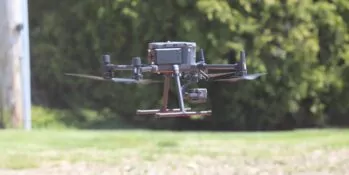
From wet-weather spraying to timely scouting, drones are not only proving their efficacy but paving a path for rural entrepreneurship and the next generation on the farm.